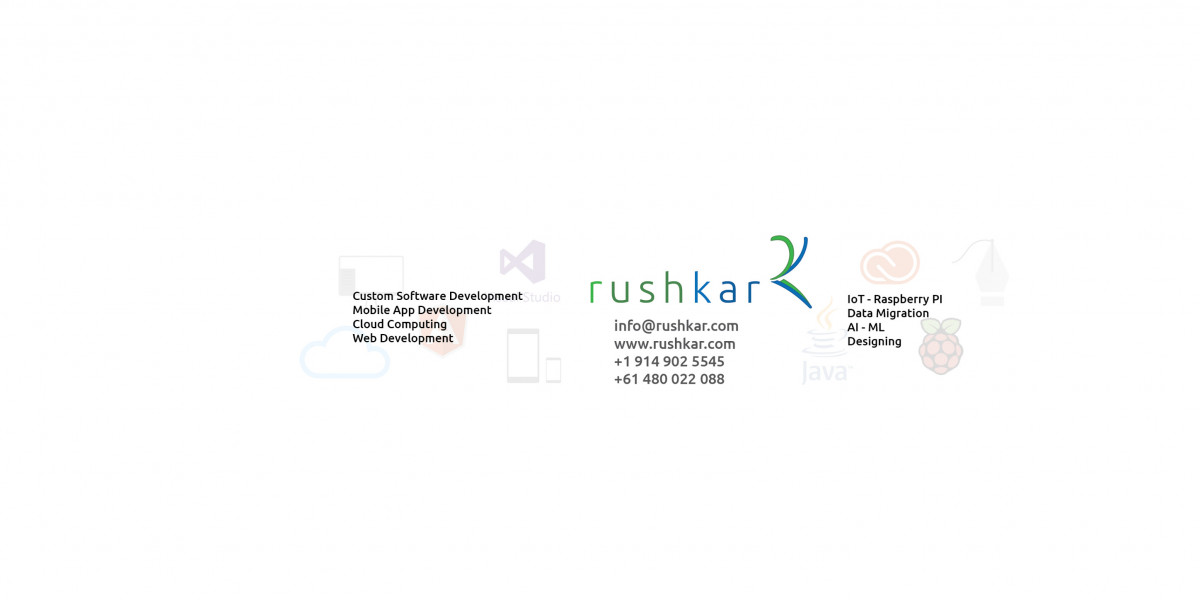Hey there! Renting a house can be a great experience, but one thing that often catches tenants off guard is the routine inspection. You might be wondering, "How often are these inspections conducted, and what exactly do they involve?" Well, you're in the right place! We're going to break it all down for you in a fun and engaging way. Let's dive in!
What Are Routine Inspections?
Definition and Importance
Routine inspections are regular check-ups conducted by landlords or property managers to ensure that the rental property is in good condition. These inspections help in maintaining the property, ensuring safety, and addressing any issues before they become major problems. Think of it as a health check-up for your home!
Frequency of Routine Inspections
General Guidelines
Typically, routine inspections are conducted every three to six months Separate Houses For Rents In Lahore. This frequency can vary based on the lease agreement, the condition of the property, and local regulations. Some landlords might prefer quarterly inspections, while others might opt for bi-annual visits.
Varying Frequencies by Region
In some regions, laws dictate how often inspections can be conducted. It's essential to check your local regulations to understand the specific requirements. For instance, in some places, inspections might be limited to once or twice a year to respect tenant privacy.
Key Components of a Routine Inspection
Exterior Examination
Roof and Gutters
During an inspection, the exterior of the house is thoroughly examined. This includes checking the roof for any signs of damage or wear and ensuring the gutters are clean and functioning correctly.
Landscaping and Driveways
Landscaping and driveways are also inspected to ensure they are well-maintained. Overgrown plants, cracked driveways, and other issues are noted and addressed.
Interior Examination
Walls and Ceilings
Inside the house, walls and ceilings are inspected for cracks, mold, or any other signs of damage. This helps in maintaining the structural integrity of the property.
Plumbing and Electrical Systems
Plumbing and electrical systems are checked to ensure everything is working correctly. Leaky faucets, faulty wiring, and other issues are identified and scheduled for repair.
Landlord's Responsibilities During Inspections
Legal Obligations
Landlords have specific legal obligations when conducting inspections. They must provide proper notice to tenants, usually 24 to 48 hours in advance, depending on local laws.
Communication with Tenants
Effective communication with tenants is crucial. Landlords should explain the purpose of the inspection, what areas will be checked, and how long it will take. This helps in building trust and ensuring a smooth process.
Tenant's Responsibilities During Inspections
Preparing for an Inspection
Tenants should prepare for the inspection by cleaning and organizing their space. This not only makes the process quicker but also helps in identifying any issues that need attention.
Addressing Issues Identified
If any problems are found during the inspection, tenants should cooperate with the landlord to address them promptly. This might include allowing access for repairs or making minor fixes themselves.
Common Issues Found During Inspections
Structural Problems
Common structural issues include cracks in the walls, foundation problems, and roof leaks. Identifying these early can save both landlords and tenants from costly repairs.
Safety Hazards
Safety hazards such as faulty wiring, loose handrails, and blocked exits are also commonly found. Addressing these promptly ensures a safe living environment.
How Inspections Benefit Landlords
Maintaining Property Value
Regular inspections help in maintaining the property's value. By addressing issues early, landlords can avoid major repairs and keep the property in good condition House For Rent In Paragon City Lahore.
Preventing Major Repairs
Preventive maintenance is always cheaper than major repairs. Inspections allow landlords to identify and fix small problems before they escalate into costly repairs.
How Inspections Benefit Tenants
Ensuring a Safe Living Environment
For tenants, inspections ensure that they are living in a safe and well-maintained environment. Any potential hazards are identified and addressed, providing peace of mind.
Early Detection of Issues
Early detection of issues means that tenants can report problems before they become severe. This leads to quicker resolutions and a more comfortable living experience.
Preparing for an Inspection as a Landlord
Checklist and Tips
Landlords should have a checklist to ensure all areas are covered during the inspection. This might include checking smoke detectors, testing appliances, and inspecting plumbing fixtures. Clear communication with tenants and scheduling inspections at convenient times are also crucial.
Preparing for an Inspection as a Tenant
Checklist and Tips
Tenants can prepare by cleaning their space, making minor repairs, and ensuring access to all areas of the house. Being present during the inspection can also help in understanding any issues identified.
Legal Aspects of Routine Inspections
Tenant Privacy Rights
Tenants have a right to privacy, and landlords must respect this by providing proper notice and conducting inspections at reasonable times. Understanding local laws is essential for both parties.
Notice Requirements
Notice requirements vary by region, but typically landlords must provide at least 24 to 48 hours' notice before conducting an inspection. This ensures tenants have time to prepare.
Technology in Routine Inspections
Using Apps and Software
Technology has made routine inspections more efficient. Landlords can use apps and software to document issues, schedule repairs, and communicate with tenants. This streamlines the entire process.
Benefits of Digital Documentation
Digital documentation helps in keeping detailed records of inspections. Photos, notes, and reports can be easily stored and accessed, making it easier to track maintenance and repairs.
Tips for a Smooth Inspection Process
Clear Communication
Clear and open communication between landlords and tenants is key to a smooth inspection process. Both parties should understand their responsibilities and work together to maintain the property.
Regular Maintenance
Regular maintenance can prevent many issues from arising. Landlords and tenants should work together to keep the property in good condition, addressing small problems before they become significant.
Conclusion
Routine inspections might seem like a hassle, but they're crucial for maintaining a rental property. They ensure that the house remains in good condition, identify potential issues early, and provide a safe living environment for tenants. By understanding the process and working together, landlords and tenants can make inspections a positive experience.
FAQs
How often are routine inspections typically conducted? Routine inspections are usually conducted every three to six months, but this can vary based on the lease agreement and local regulations.
What should I do to prepare for a routine inspection as a tenant? Clean and organize your space, make minor repairs if needed, and ensure access to all areas of the house.
What are common issues found during routine inspections? Common issues include structural problems, safety hazards, plumbing and electrical issues.
How do routine inspections benefit tenants? Inspections ensure a safe living environment, early detection of issues, and prompt repairs.
What are the landlord's legal obligations during routine inspections? Landlords must provide proper notice, usually 24 to 48 hours in advance, and conduct inspections at reasonable times.








